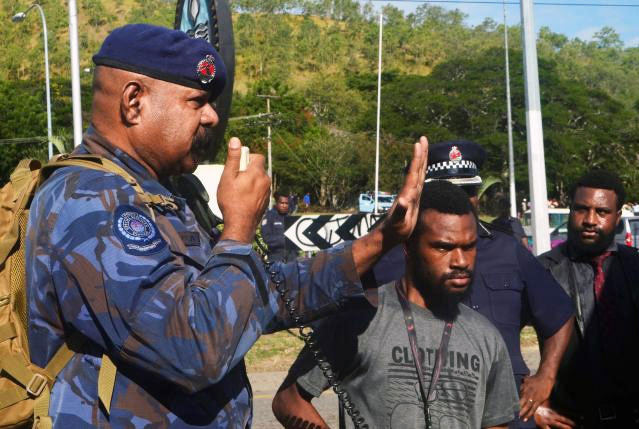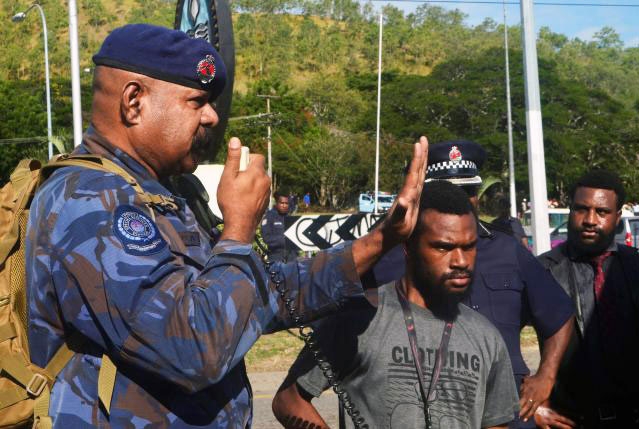THE pressure from a nationwide university student unrest, union unrests and vote of no confidence against Prime Minister Peter O’Neill would not be as high if the economy were stronger. PNG’s economy is one of the most heavily resource-dependent in the world and the unforeseen collapse in commodity prices resulted in a 20 per cent drop in revenue in 2015.
In an attempt to protect the government’s big-ticket policies core services such as education, health and infrastructure were all cut by more than 30 per cent. Facing a significant cash crunch, the government is under growing pressure to live up to its lofty election commitments, and the strain on primary service delivery is hurting Papua New Guineans.
Had commodity prices remained high allegations of corruption and fiscal management, not to mention the major foreign exchange shortages now facing the country, would have been far more muted as the government continued to ramp up expenditure. For O’Neill, in a time when core services are being slashed, the dissatisfaction with government excess at the expense of everyday Papua New Guineans has become far more acute.
Poor physical management of the country’s economy formed part of the students’ petition calling on the Prime Minister to step aside, also citing multiple criminal investigations against him and attempts to shut down the police force’s corruption unit rendering him unfit for office.
…..to read more buy your personal copy at

